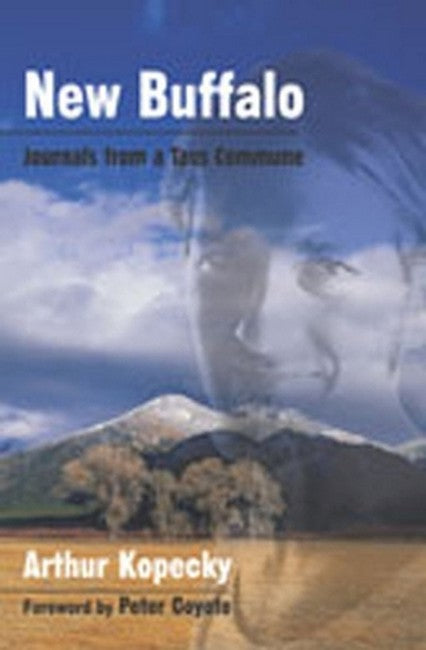Arthur Kopecky lives in Sebastopol, California, where he works in custom woodworking.
Request Academic Copy
Please copy the ISBN for submitting review copy form
Description
..."the seasonal cycles of activity and the drug and alcohol-laced entertainment provide accurate snapshots of the living conditions, personal relationships, and community involvement that hippie communes everywhere shared in one form or another." "YKopecky's? conflict over the community's need for both individual freedom and rules and the role of private ownership verses communal sharing create a smooth undertone for many of the journal entries." "It is enormously welcome to see a published primary document that lets us into the daily life of one of the fabled communes of the era. This first-person voice captures the magic--and the more sordid realities--of the 60s communal enterprise as well as anything that has yet appeared." "Kopecky's book celebrates the counter cultural revolutionaries of the 1960s...Yand?...the practical application of hippie idealism." "Wallace Stegner referred to communal living in his novel, "Angle of Repose": 'I want a society that will protect the wild life without confusing itself with it.' Such is the genius of Kopecky's lesson at New Buffalo." "Art combines careers in dairy and construction, a decade of communal living, and a study of history for a unique and hopeful outlook." "Arthur Kopecky's journal of his first five years living at New Buffalo commune will be of interest to anyone who wants to get a feel for what daily life was like in Taos's most successful commune." "Kopecky's journal conveys the nitty-gritty reality of communal life very, very well." "The journals are simple, quickly scribed but philosophical accounts of day-to-day life at New Buffalo." "With "New Buffalo," we have a first-hand depiction of commune life. . . it is a genuine resource for historians and those interested in the commune phenomenon." "This book is for readers ready for a nostalgic romp through a more hopeful and innocent time, with the poignancy of infinite possibilities as Kopecky follows the seasons."

